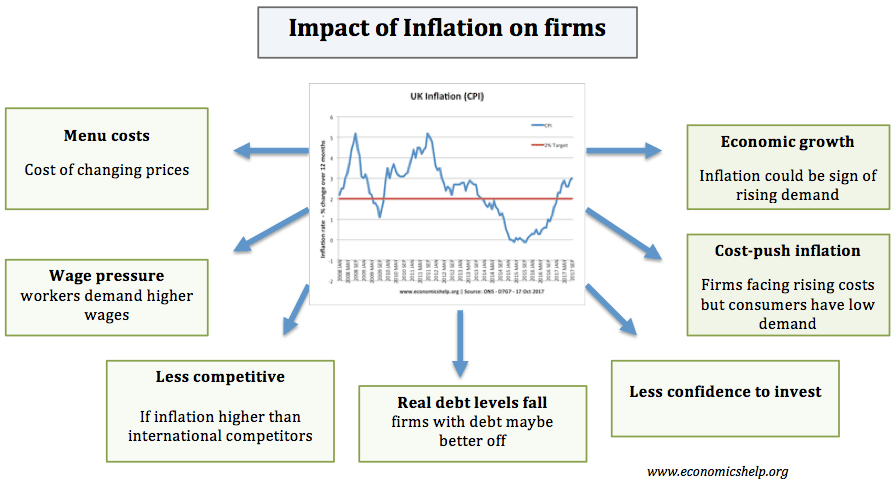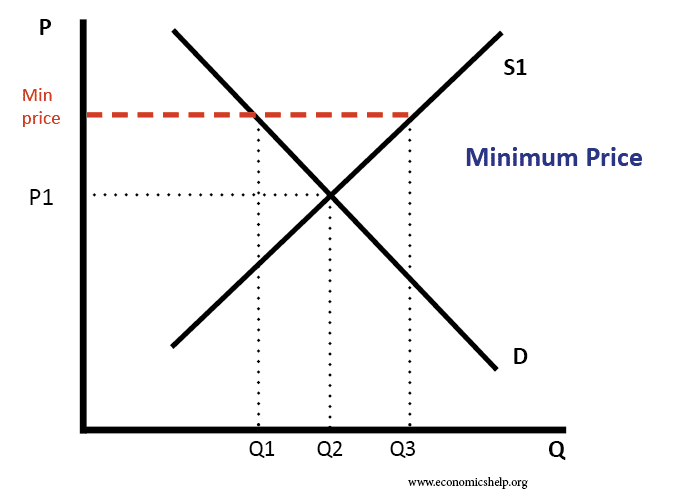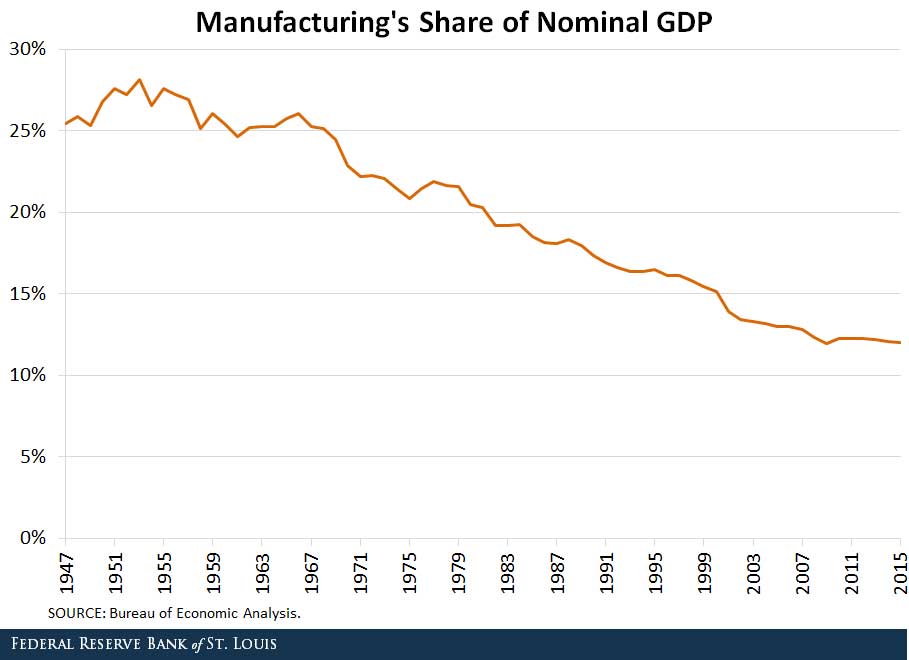Is Inflation Harmful?
Should the government be concerned if the CPI rises to 5%? Costs of Inflation The Government set the MPC a target for CPI of 2.% +/-1. It believes inflation higher than 3.0% is potentially damaging to the economy. Decline in relative competitiveness. If inflation in the UK is higher than elsewhere, then UK goods will …



